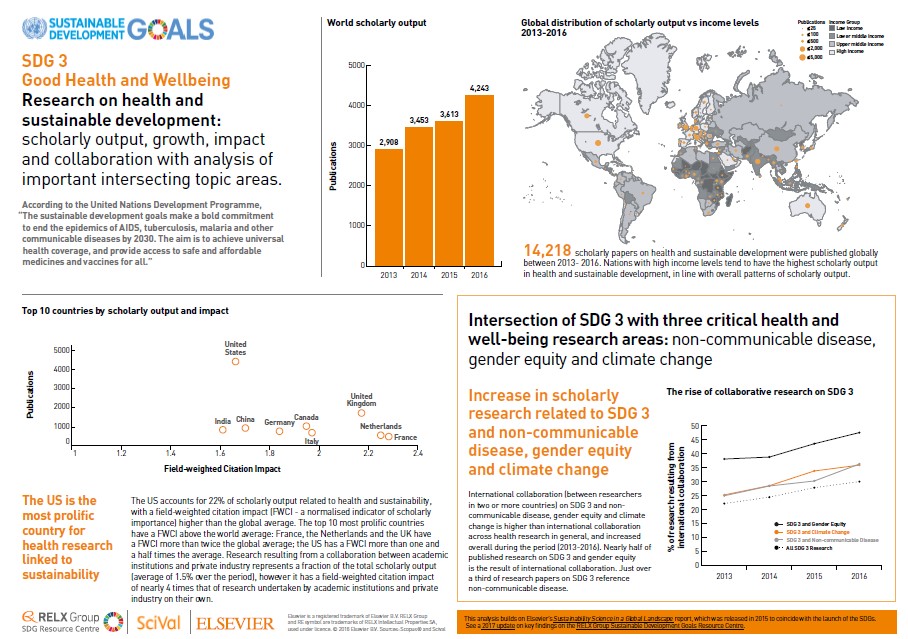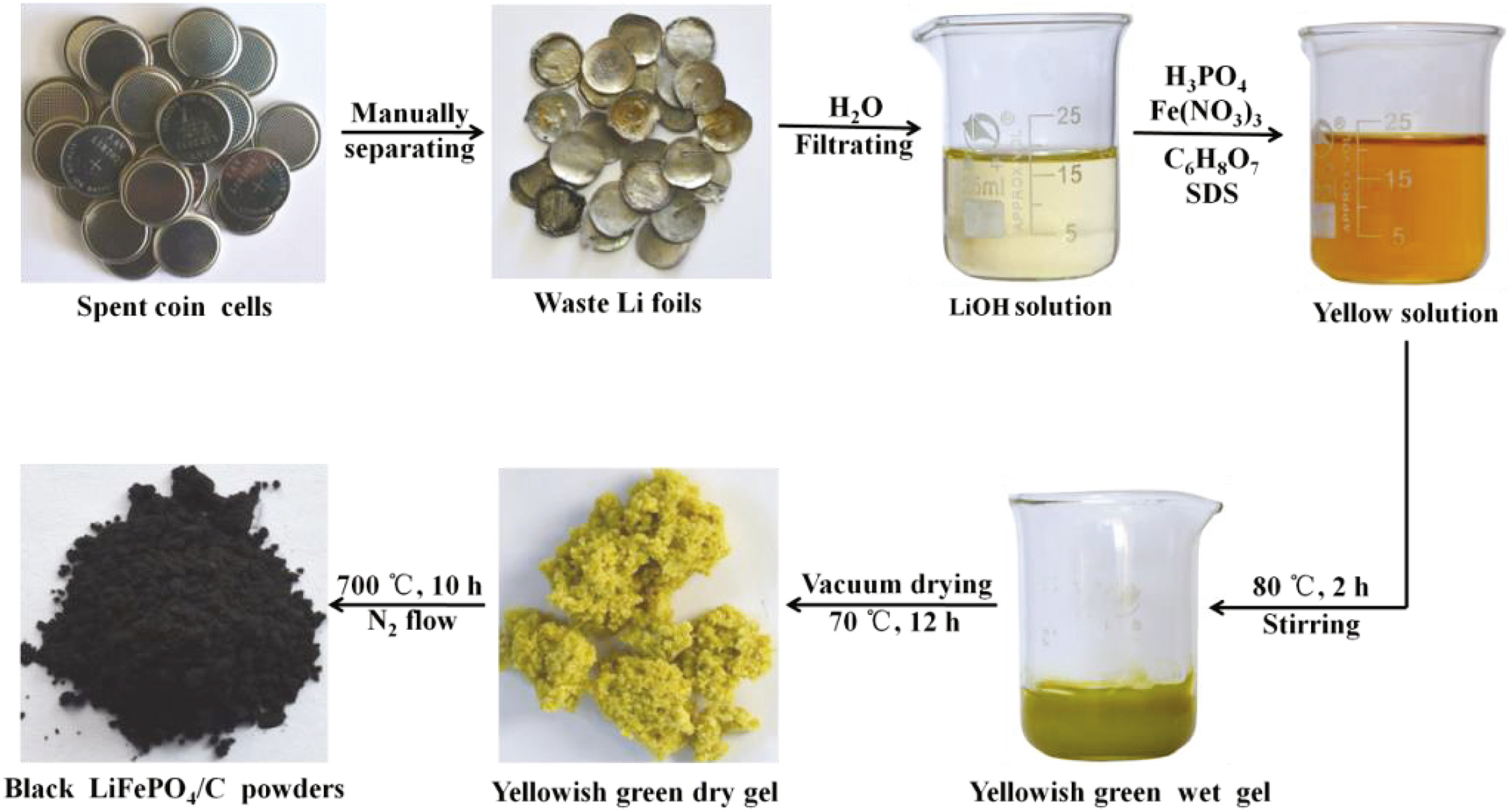Stockholm – RELX Group, a global provider of information and analytics for professional and business customers across industries, has announced the winners of the 2018 RELX Group Environmental Challenge which supports innovative solutions to improve sustainable access to safe water and sanitation. The $50,000 first and $25,000 second prize winners were recognised during World Water Week in Stockholm, a unique annual event bringing together water researchers, policymakers, journalists, companies and non-profits to address the key water challenges of the 21st century.
International Review of Research in Developmental Disabilities, Volume 54, 2018, Pages 177-209
International Review of Research in Developmental Disabilities, Volume 54, 2018, Pages 71-104


